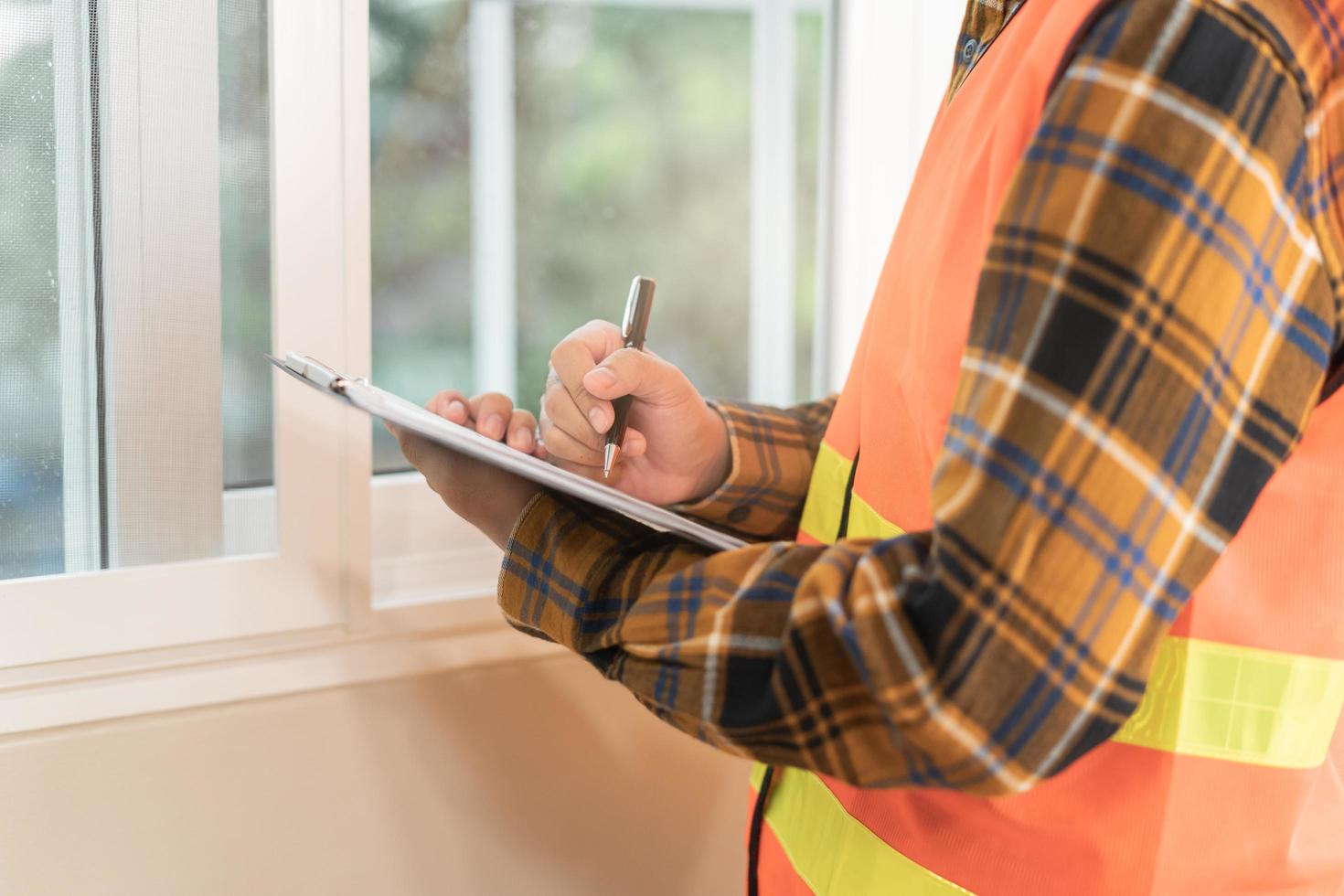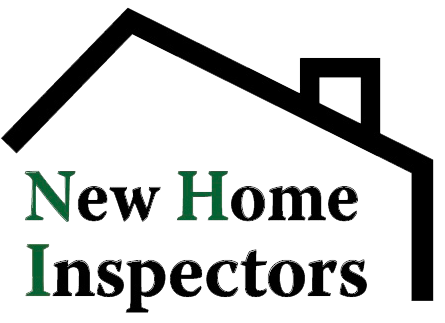
What does it mean to “fail” a home inspection?
When you’re gearing up to get a home inspection, there might be a nagging worry in the back of your mind: what if I fail the inspection? The good news is that a home inspection isn’t like a pop quiz— I’m not there as an inspector to pass or fail you. Instead, it’s an inspector’s job to look for any serious concerns with your home that could affect functionality and safety. Finding problems isn’t an indication of failure, or else every home would fail! Everyone’s house has some kind of imperfections, though the degree of severity certainly varies.
The only way to “fail” a home inspection would be getting one, finding serious issues, not fixing them, and causing a potential buyer to back out as a result. Sellers are not obligated to address any of the problems that an inspector uncovers (this varies by state), though certain structural and safety issues could cause lenders to withhold the financing funds for the buyer’s purchase, or the insurance company may choose not to insure a home until they’re handled.
What causes a home to “fail” inspection?
Knowing that “failing” an inspection just means losing a buyer because of complications an inspector uncovers, there are a few issues that are more likely to give buyers and sellers a headache more than others. Hiring an inspector like me helps you become aware of these problems so you can get a head start on solving them. I’ll be on the lookout for:
Foundation and structural damage: This can be a major dealbreaker for buyers, and understandably so, since the foundation is the most important part of any building. Inspectors will give your foundation a check-up and inspect any other structural components of the home, like walls, floors, roofs, and basements.
Plumbing system problems: Pipe issues can lead to water damage, which can spell disaster for a home long-term. If a leak is discovered, you’ll likely have to disclose this info to buyers even if it’s repaired. However, knowing a leak has been repaired is far less likely to deter buyers than a seller ignoring the problem(s) and covering them up.
Electrical issues: The electrical systems in your home don’t just need to work— they need to work safely so you don’t create a fire hazard. An inspector will check that everything is wired safely, assess any damage, and make sure outlets and switches function the way they’re supposed to. Electrical safety concerns should be taken seriously by both buyers and sellers.
None of these issues mean you’ve failed a home inspection, just that you may need to make a few repairs and renegotiate with buyers. You can’t fix problems you’re not aware of yet, and that’s exactly what a home inspector like me helps you with! If you need a home inspector on Long Island, reach out to me today.

